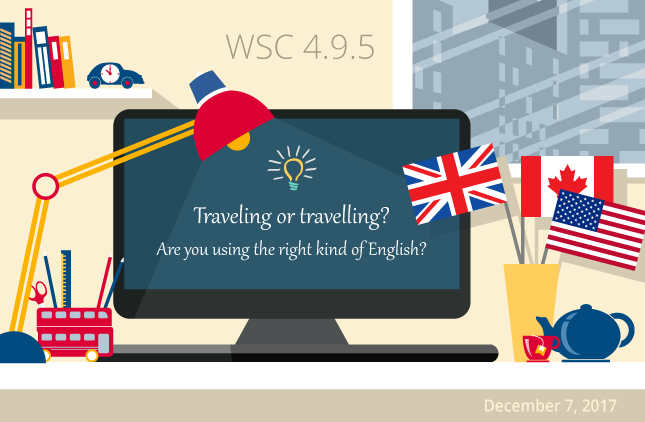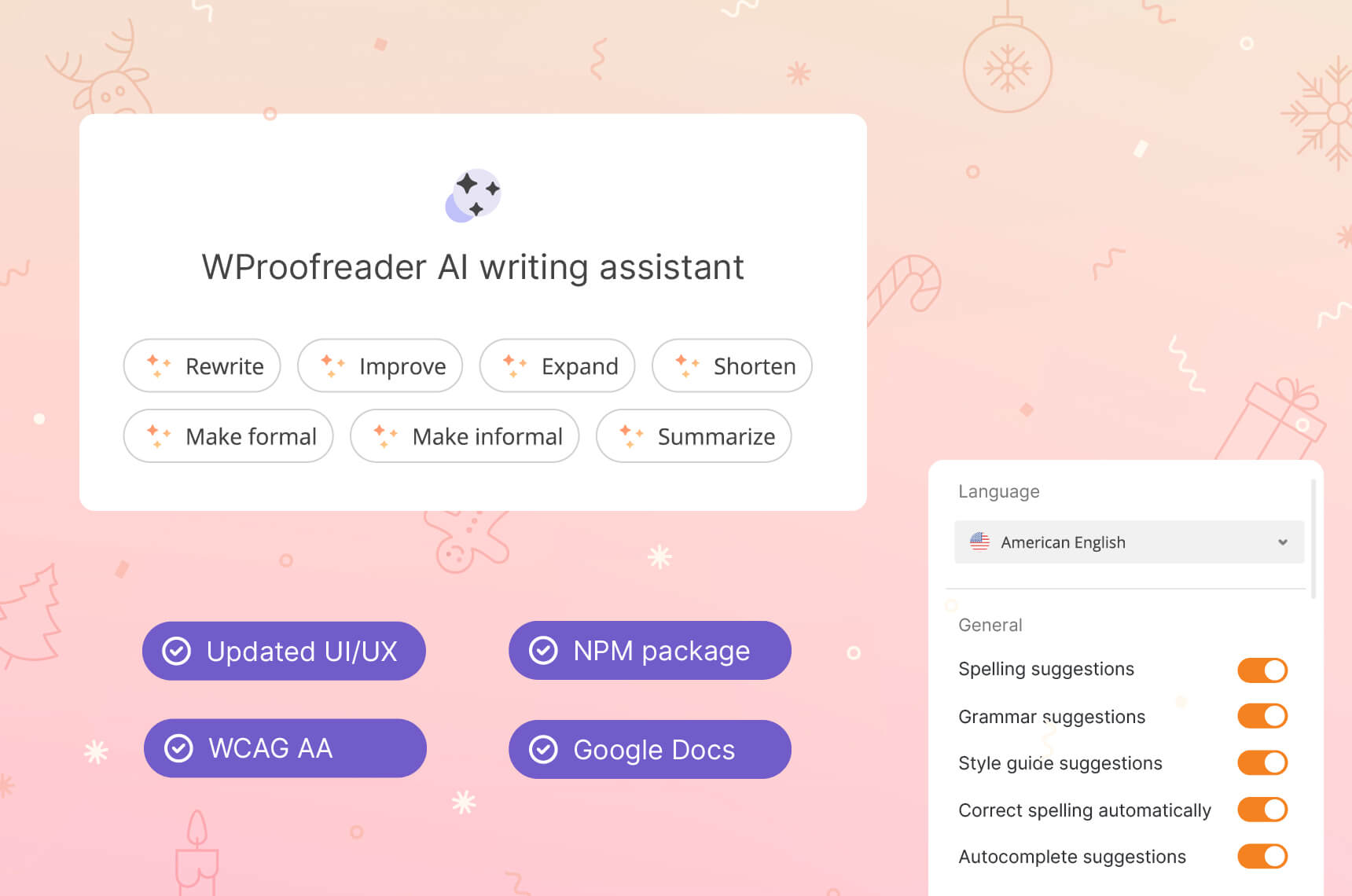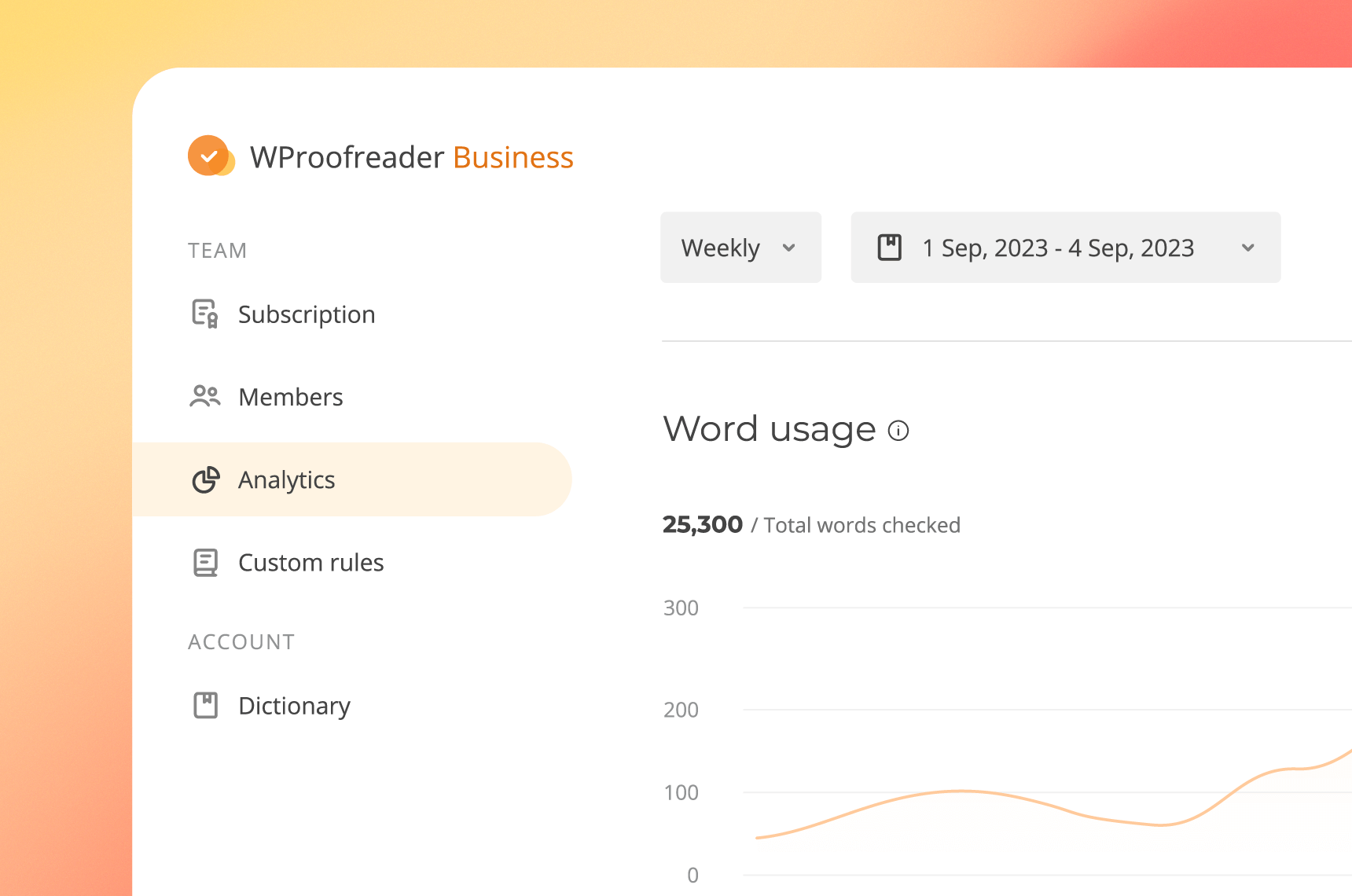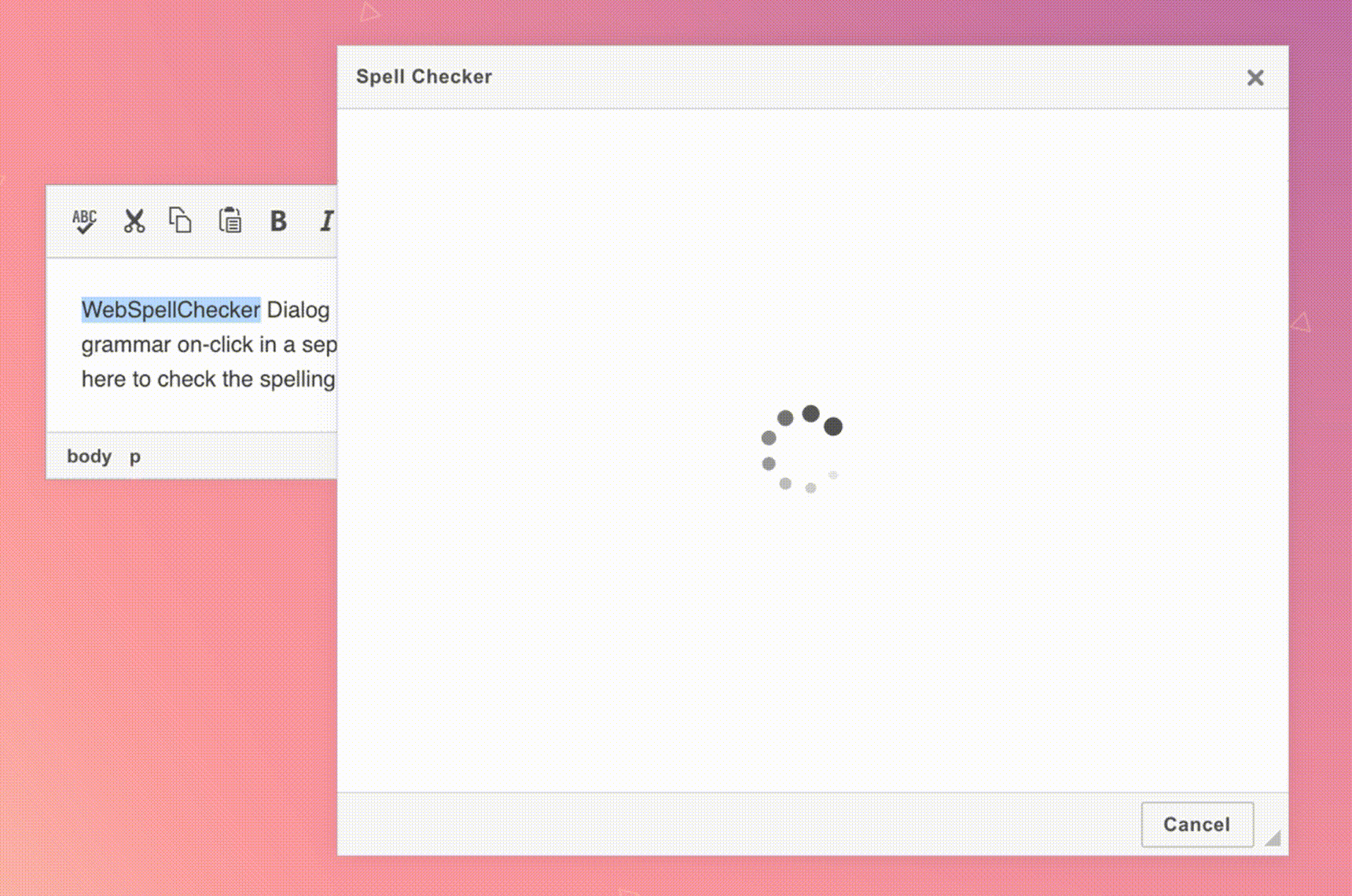
With WebSpellChecker 4.9.5, we have done our best to highlight the language differences of the American speaking regions and updated our Dictionaries accordingly.
The main differences are that the British English retains the spelling of words that come from other languages. The American English spelling tends to be simplified and pronunciation-based.
The Canadian spelling mostly aligns itself with the British version, but not always.
Here is an overview of some general rules which can be identified when considering Canadian, British, and American spelling.
| # | Constraction | Comments | Canadian | British | American | Examples |
| 1 | “-our” / “-or” | Unstressed endings | -our | -our | -or | colour/ color |
| 2 | “-re” / “-er” | Unstressed endings | -re | -re | -er | centre/center |
| 3 | “-ce” / “-se” | Some nouns endings | -ce | -ce | -se | offence/offense |
| 4 | “-xion” / “-ction” | -ction | -xion | -ction | connexion/connection | |
| 5 | “-ise” / “-ize” | Most verbs endings | -ize | -ise | -ize | organise/organize |
| 6 | “-yse” / “-yze” | -yze | -yse | -yze | analyse/analyze | |
| 7 | “oe” / “ae” / “e” | oe/ae | oe / ae | e | encyclopaedia/encyclopedia oestrogen/estrogen | |
| 8 | “en-” / “in-” | en- | en- | in- | ensure (make certain)/insure | |
| 9 | “-ell-“ / “-el-” | -ell- | -ell- | -el- | traveller/traveler | |
| 10 | Dropped “e” | – | -e- | – | judgement/judgment |
Using the proper spelling for each country allows you to look more professional and helps to avoid confusion.
You can find an extended list of the most common American, British and Canadian English spellings differences on our website.













